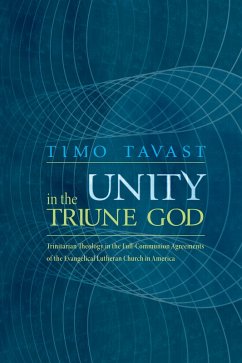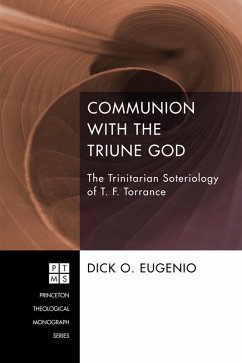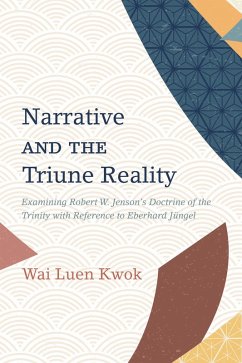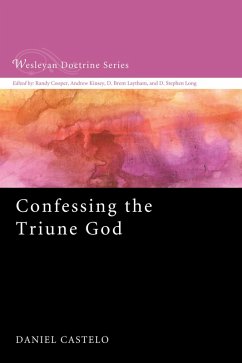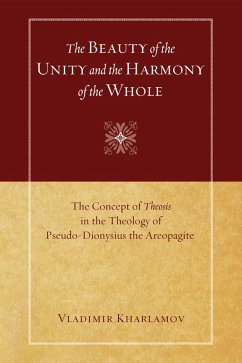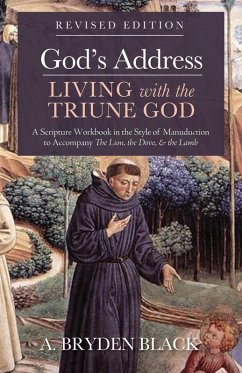The contemporary trinitarian paradigm in systematic theology has been internationally well-known since the time of Karl Barth and Karl Rahner and, particularly, since the contribution of their famous successors. Many of them, Wolfhart Pannenberg and Robert W. Jenson among others, have intentionally shown in their writings what the general ecumenical relevance of the findings of trinitarianism might be. However, the academic research of ecumenism has not yet fully investigated how ecumenically-oriented trinitarian theology has been factually applied in varying ecumenical relationships and agreements. Unity in the Triune God focuses on the ecumenism of the Evangelical Lutheran Church in America with its full-communion partners--the Presbyterian Church (USA), the Reformed Church in America, and the United Church of Christ (1997); the Episcopal Church (1999); the Moravian Church in America (1999); and the United Methodist Church (2009). Together all these ecumenically active denominations have shown in their full-communion agreements that the doctrine of the Trinity and the church's common trinitarian confession are not meaningless relics from ancient times, but rather are dynamic and many-sided ecumenical resources that can be used for several functions in full-communion agreements. The goal of this study is to reveal the differing ways in which to utilize this ecumenical potential of the trinitarian faith.
Dieser Download kann aus rechtlichen Gründen nur mit Rechnungsadresse in A, D ausgeliefert werden.

